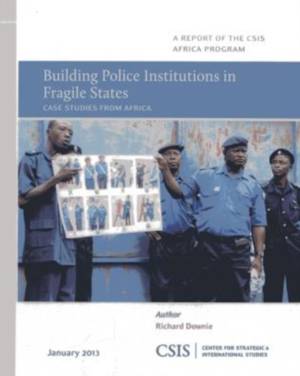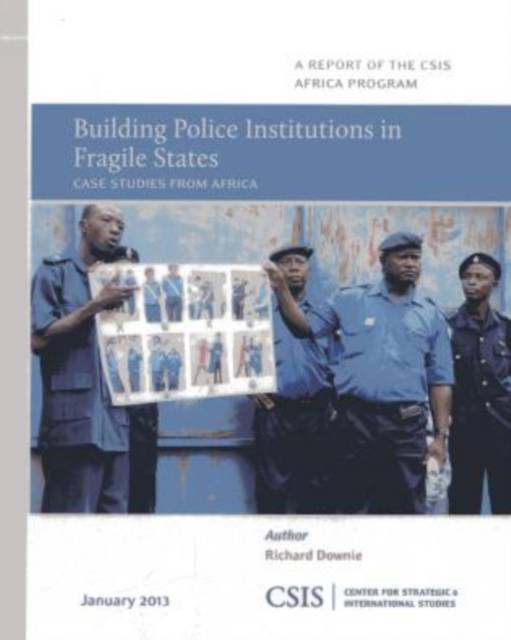
- Afhalen na 1 uur in een winkel met voorraad
- Gratis thuislevering in België vanaf € 30
- Ruim aanbod met 7 miljoen producten
- Afhalen na 1 uur in een winkel met voorraad
- Gratis thuislevering in België vanaf € 30
- Ruim aanbod met 7 miljoen producten
Zoeken
€ 88,45
+ 176 punten
Omschrijving
The police are one of the most critical institutions of the state. This is particularly true in nations emerging from conflict, which are characterized by insecurity and high levels of crime. Without security, governments cannot begin rebuilding their economies and improving the lives of their citizens. As a result, they will continue to struggle for legitimacy, and a return to conflict will remain an ever-present risk. For citizens, a police officer is the symbolic representation of state authority. Their view of the state and their acceptance of its authority are partially shaped by their interactions with the police.
Specificaties
Betrokkenen
- Auteur(s):
- Uitgeverij:
Inhoud
- Aantal bladzijden:
- 30
- Taal:
- Engels
- Reeks:
Eigenschappen
- Productcode (EAN):
- 9781442224377
- Verschijningsdatum:
- 7/06/2013
- Uitvoering:
- Paperback
- Formaat:
- Trade paperback (VS)
- Afmetingen:
- 216 mm x 279 mm
- Gewicht:
- 95 g

Alleen bij Standaard Boekhandel
+ 176 punten op je klantenkaart van Standaard Boekhandel
Beoordelingen
We publiceren alleen reviews die voldoen aan de voorwaarden voor reviews. Bekijk onze voorwaarden voor reviews.











